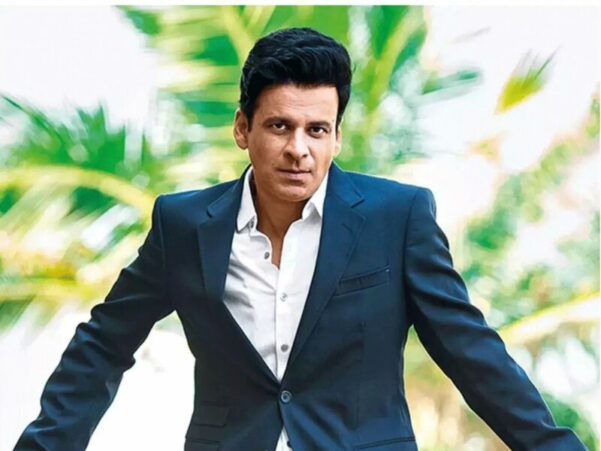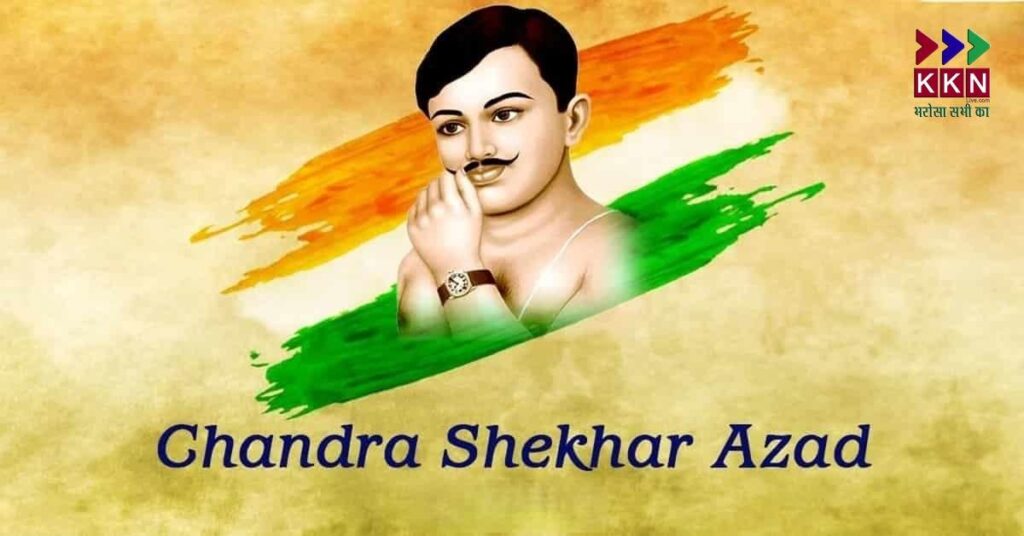
Ahead of the Bihar elections, Bollywood actor Manoj Bajpayee has found himself embroiled in a controversy over a viral video allegedly showing his support for a political party. The video, shared from a parody account of RJD leader Tejashwi Yadav, quickly gained attention. However, Manoj Bajpayee has come forward to clarify that the video is fake and that he is not affiliated with any political party.
The Viral Video Controversy:
A video surfaced on social media, allegedly showing Manoj Bajpayee supporting a political party, specifically backing RJD leader Tejashwi Yadav. The video was shared on a parody account of Tejashwi Yadav, leading to confusion among the public. The clip seemed to suggest that Bajpayee was endorsing the party, which led to widespread discussions and speculations, especially with Bihar elections looming.
Manoj Bajpayee’s Response:
Manoj Bajpayee, well-known for his strong stance on social issues, wasted no time in addressing the situation. Taking to Twitter, he unequivocally denied any connection to the video or the political party it implied he was supporting. Bajpayee clarified that he had no association with any political party and that the viral video was a manipulated version of an old advertisement he had done for Amazon Prime Video.
In his tweet, Bajpayee expressed his dismay at the misuse of his image for political purposes. He stated, “I want to publicly clarify that I have no affiliation or connection with any political party. The video being circulated is fake; it is an edited version of an advertisement I did for Amazon Prime Video.” Bajpayee urged his followers to avoid spreading such misleading content and emphasized the importance of verifying information before trusting it.
Public Appeal to Avoid Misleading Content:
Manoj Bajpayee also made an earnest appeal to those sharing the manipulated video. He asked them not to spread distorted content that could mislead the public. His tweet further urged his fans and the general public not to fall for such deceptive material. The actor expressed his disappointment that such videos could be used to create confusion, especially in a politically sensitive time like the Bihar elections.
Bajpayee emphasized that while people have the freedom to express their opinions and beliefs, spreading false information is harmful to the public discourse. He urged everyone to remain vigilant about the content they come across online and not to share anything that has not been verified.
The Backlash and Reactions:
Despite Manoj Bajpayee’s clarifications, the video continued to circulate online, with many people questioning its authenticity. Some users on X (formerly Twitter) reacted positively to Bajpayee’s statement, expressing relief that the confusion had been cleared up. One user commented, “I’m glad you cleared that up. People should verify such clips before believing them. I’m sure this video was not posted from Tejashwi Yadav’s official account.”
Another user humorously remarked, “Manoj Bhai’s sleep was disturbed, but the editing was solid.” This comment referred to the high-quality editing of the video, which made it appear more convincing to the audience. The manipulation of the original content was skillfully done, making it harder for many to realize it was fake.
There were also some more serious responses to the situation. A few individuals criticized the act of misusing a public figure’s image for political gain. One user pointed out, “This fake video is being circulated in Bihar to suggest that Manoj Bajpayee is supporting Tejashwi Yadav. You should file a case against this fraud.” The controversy surrounding the video underscores the challenges celebrities face in today’s digital age, where their likeness can easily be manipulated and used without consent.
Previous Incidents of Fake Videos:
This incident is not the first time a celebrity’s image has been misused in a political context. Earlier, actor KK Menon was also the subject of a similar controversy when a fake video was circulated, suggesting his support for a political party. These incidents highlight the growing issue of manipulated content being used for political purposes, especially during election seasons. As elections approach, political parties and their supporters often resort to such tactics to sway public opinion, creating confusion and uncertainty among voters.
The Importance of Media Literacy in the Digital Age:
Manoj Bajpayee’s response to the fake video also serves as a reminder of the importance of media literacy in the digital age. With social media becoming a dominant platform for information sharing, the spread of misinformation has become a significant issue. People need to be cautious about the content they consume and share online.
It is crucial for users to verify the authenticity of videos, images, and other media before accepting them as truth. In an era where anyone can edit and manipulate content with ease, the responsibility of ensuring the accuracy of information lies not only with content creators but also with the audience. Media literacy programs can play a vital role in equipping individuals with the skills to critically evaluate online content and discern fact from fiction.
Manoj Bajpayee’s swift clarification about the fake video has helped dispel some of the confusion surrounding the issue. His strong stance against the manipulation of his image for political purposes sends a message about the importance of integrity in the digital world. As the Bihar elections draw near, it is likely that more such incidents will arise, and it will be essential for public figures and their followers to remain vigilant against misinformation.
In the end, the incident serves as a cautionary tale about the power of digital media and the need for responsible content sharing. It is up to each individual to be more discerning about the content they engage with and share, especially when it comes to political matters. Public figures like Manoj Bajpayee play a vital role in educating their audiences about the dangers of fake news and the importance of truth in media.


